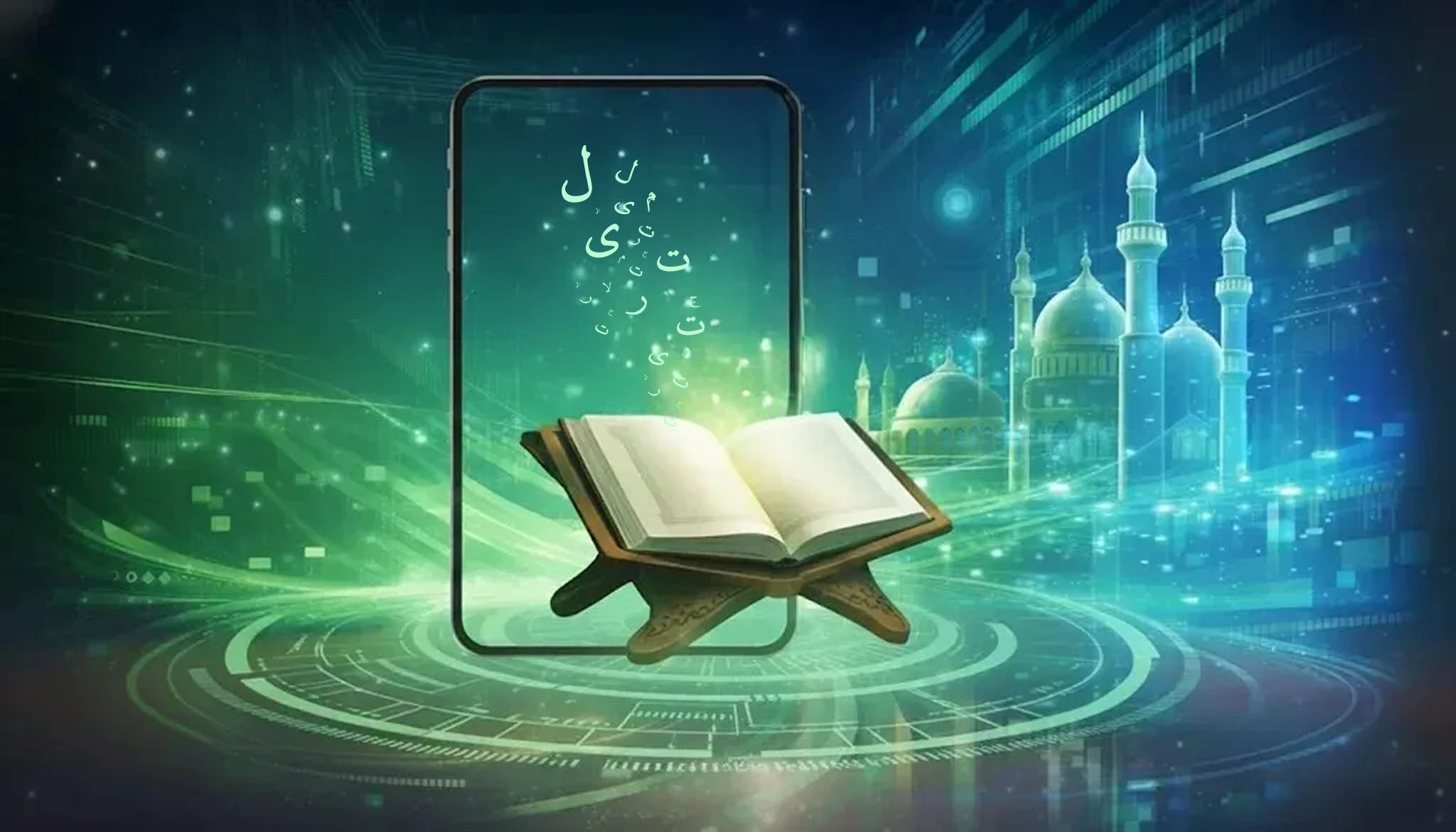Water is one of the most profound and frequently mentioned elements in the Quran—a symbol of life, purity, mercy, and divine power. From its role in creation to its use in acts of worship, water is woven deeply into the fabric of Islamic teachings. Allah describes it as a source of life for all creatures and a sign for those who reflect.
Water: The Source of Life in the Quran
One of the most powerful statements in the Quran about water highlights its role in creation:
"And We made from water every living thing. Will they not then believe?"
(Surah Al-Anbiya 21:30)
This verse reminds us that water is the essence of life. Everything in existence—humans, animals, and plants—depends on water to survive. Scientists today confirm this Quranic truth, as water is necessary for sustaining all known forms of life.
In the Quran, Allah repeatedly calls our attention to the way He sends down rain to revive barren land, making it lush and fertile once again. This is not just a physical reality but a spiritual metaphor: just as the earth needs water to thrive, our hearts need divine guidance to remain alive.
"And Allah has sent down rain from the sky and given life thereby to the earth after its lifelessness. Indeed, in that is a sign for people who listen."
(Surah An-Nahl 16:65)
This teaches us that water is not just a necessity, but a divine blessing—one we should recognize with gratitude.
Water as a Symbol of Purification
In Islam, water is not only vital for survival but also plays a key role in purification. Before performing salah (prayer), Muslims perform wudu (ablution)—a ritual washing of the face, hands, arms, head, and feet using clean water. This act is mentioned in the Quran:
"O you who have believed, when you rise for prayer, wash your faces and your forearms to the elbows and wipe over your heads and wash your feet to the ankles..."
(Surah Al-Ma'idah 5:6)
Wudu symbolizes spiritual and physical purity, preparing the believer to stand before Allah in prayer. If water is not available, the Quran even provides guidance on using tayammum (dry purification), showing Allah’s mercy and understanding of human limitations.
"And if you do not find water, then seek clean earth and wipe over your faces and hands with it."
(Surah An-Nisa 4:43)
This emphasizes that purification is not just about water, but about the intention to cleanse one’s heart and mind before worship.
Water as a Sign of Allah’s Mercy
Water in the Quran is also described as a mercy from Allah. Rain is seen as a divine blessing, bringing provision and relief:
"And it is He who sends down rain after they had despaired and spreads His mercy. And He is the Protector, the Praiseworthy."
(Surah Ash-Shura 42:28)
This verse reminds us that just as rain quenches thirst and revives the earth, Allah’s mercy nourishes the soul and revives the heart.
At the same time, the Quran warns that water can also be a means of trial and punishment. The story of Prophet Nuh (Noah) عليه السلام illustrates this when Allah sent a great flood to cleanse the earth of corruption:
"So We opened the gates of the heaven with pouring water and caused the earth to gush forth with springs, so the waters met for a matter already predestined."
(Surah Al-Qamar 54:11-12)
This highlights how water, while life-giving, can also serve as a reminder of Allah’s power and justice.
The Rivers and Fountains of Paradise
Water is also described in the Quran as a reward in Jannah (Paradise). The Quran paints a beautiful picture of the eternal gardens awaiting the righteous, where rivers flow beneath them:
"A description of Paradise, which the righteous have been promised, is that beneath it rivers flow; its food is lasting, and its shade. That is the reward for the righteous..."
(Surah Ar-Ra’d 13:35)
In many places, the Quran mentions four types of rivers in Jannah:
- Rivers of water that never become polluted.
- Rivers of milk whose taste never changes.
- Rivers of wine (pure and non-intoxicating).
- Rivers of honey that are pure and rich.
"In it are rivers of water unaltered, rivers of milk the taste of which never changes, rivers of wine delicious to those who drink, and rivers of purified honey..."
(Surah Muhammad 47:15)
This reminds us that just as water sustains us in this world, Allah’s provision in the Hereafter will be beyond imagination, offering both spiritual and physical fulfillment.
Lessons We Can Take from Water in the Quran
- Recognize water as a divine blessing – Every drop we drink is a mercy from Allah. We should express gratitude and use it wisely.
- Water teaches us about life and resurrection – Just as rain revives dead land, the Quran revives our hearts and souls.
- Purity is essential in Islam – Whether through wudu or internal purification, water symbolizes cleansing of both body and soul.
- Allah’s mercy is abundant – Rain falls upon all people, just as His guidance and mercy are available to all who seek it.
- Paradise is described with flowing water – A reminder to strive for the eternal reward where rivers of blessings will never dry up.
Water in the Quran is a profound symbol of life, mercy, purity, and divine power. It serves as a reminder of our dependence on Allah, our need for both physical and spiritual purification, and the promise of everlasting reward in Jannah.
Every time we drink, perform wudu, or witness the beauty of rain, we should reflect on the spiritual lessons behind this essential element of creation.
May Allah make us among those who are grateful for His blessings and grant us rivers of reward in the Hereafter.





